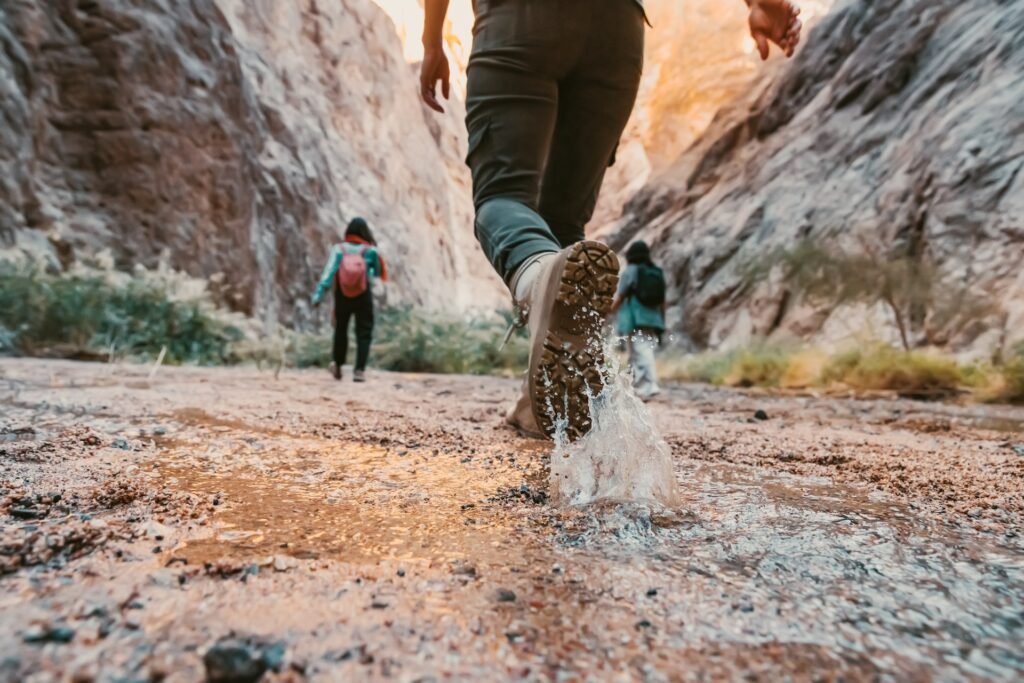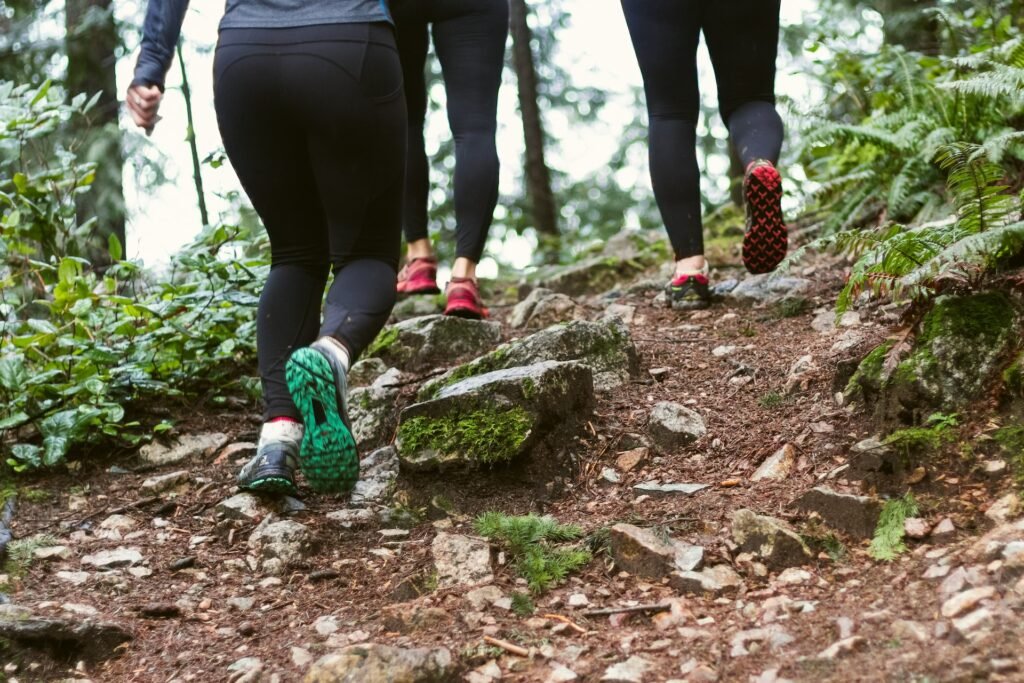When it comes to exploring the great outdoors, hikers and trekkers know that the breathtaking beauty of nature should be cherished and protected. In order to ensure the preservation of these pristine environments for future generations, it is essential to follow the 7 Leave No Trace principles. These principles not only minimize our impact on the environment but also promote responsible outdoor recreation. Whether you’re an experienced hiker or a beginner, understanding and practicing these principles is crucial.
Note: Some of the links here are affiliate links. There’s NO additional cost for you, but it does help our team to earn some coffee money to help write more tips for your next adventure.
Principle 1: Plan Ahead and Prepare
Before embarking on any outdoor adventure, it’s essential to thoroughly plan and prepare. Research the area you’ll be exploring, including weather conditions, potential hazards, and obtain the necessary permits or permissions. Pack the necessary gear, including maps, compasses, and first-aid kits. By being well-prepared, you’ll not only enhance your own safety but also minimize the impact on the natural environment.
Principle 2: Travel and Camp on Durable Surfaces
When hiking or trekking, it’s important to stick to established trails to avoid damaging fragile ecosystems. Venturing off-trail can cause erosion, destroy vegetation, and disturb wildlife habitats. If you need to venture off-trail, do so on durable surfaces such as rocks or gravel to minimize your impact.
Similarly, when setting up camp, choose durable surfaces like rocks, gravel, or dry grassy areas instead of delicate vegetation. By staying on durable surfaces, we can maintain the integrity of these natural areas while minimizing our impact. Utilize designated camping spots and avoid setting up camp near water sources to prevent contamination.

Principle 3: Dispose of Waste Properly
One of the most crucial Leave No Trace principles is responsible waste disposal. Always carry a small bag to pack out all your trash, including food scraps, tissue paper, and any other waste. When nature calls, make sure to dig a cathole at least 6-8 inches deep and at least 200 feet away from water sources, trails, and campsites. By properly disposing of waste, we prevent pollution, preserve water quality, and keep the environment pristine for everyone to enjoy. Also practice proper hygiene by using biodegradable soap and packing out feminine hygiene products.
Principle 4: Leave What You Find
When exploring the wilderness, it’s tempting to take souvenirs or collect natural artifacts. However, it’s important to leave everything as you found it. Removing rocks, plants, or other natural elements disrupts the ecosystem and deprives other visitors of the opportunity to experience nature’s beauty. Admire, photograph, and appreciate the natural wonders, but leave them untouched for others to enjoy.
Principle 5: Minimize Campfire Impact
Campfires can be enjoyable, but they can also have a lasting impact on the environment. Always check the local regulations regarding campfires and be mindful of fire risks. Whenever possible, use established fire rings or fire pits. Only burn small sticks and twigs instead of large logs and only use dead and downed wood for fuel. Once you’re done, ensure the fire is completely extinguished, leaving no trace of its existence.

Principle 6: Respect Wildlife
One of the most incredible aspects of hiking and trekking is the opportunity to encounter wildlife in their natural habitats. However, it’s crucial to give them the respect and space they deserve. Observe wildlife from a distance, using binoculars or zoom lenses to avoid disturbing them. Do not approach, feed, or attempt to interact with the animals. Feeding animals alters their natural behavior and can have harmful consequences for their health. Remember, we are guests in their home, and it’s our responsibility to ensure their safety and well-being.
Principle 7: Be Considerate of Other Visitors
Lastly, practicing good trail etiquette and being considerate of fellow hikers and trekkers is essential for a positive outdoor experience. Yield to other trail users, keep noise levels to a minimum, and respect the rights of others to enjoy the tranquility of nature. By being mindful of others, we create a harmonious environment that allows everyone to appreciate the beauty of the outdoors.
The Bottom Line
As hikers and trekkers, it is our duty to be stewards of the environment and protect the natural beauty that surrounds us. By following the Leave No Trace principles, we can minimize our impact and ensure that future generations can experience the wonders of nature as we do today. So, let’s embrace these principles, leave only footprints, and preserve the wilderness for all to enjoy. Happy hiking and trekking!











